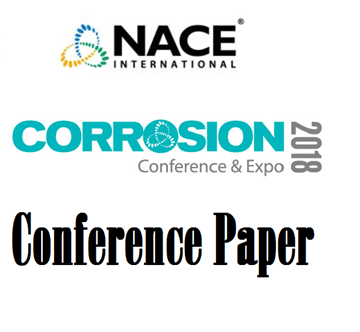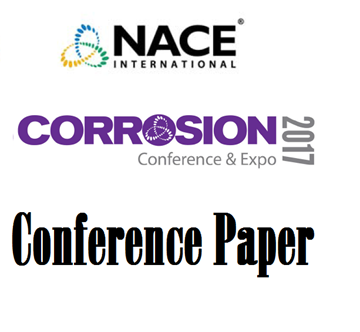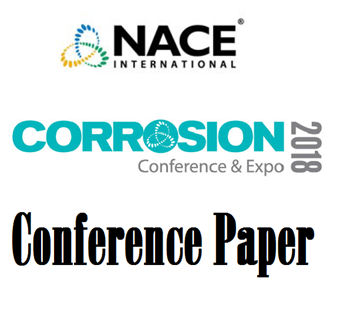Search
51318-11086-Failure of RFCC Catalyst Cooler Aeration Piping System (Cat Cooler Internals)
Also Purchased
51318-11071-Corrosion Behavior of Naphthenic Acids Isolated from Vacuum Gas Oil Crude Fractions
Product Number:
51318-11071-SG
Publication Date:
2018
$20.00
Accelerated Corrosion of 304H SS in RFCC Regenerators Involving Low Temperature Eutectic-Forming Salts
Product Number:
51317--8915-SG
ISBN:
8915 2017 CP
Publication Date:
2017
$20.00
51318-10877-High Temperature Alloys Failures in the Petrochemical Furnaces. Mitigation and Prevention
Product Number:
51318-10877-SG
Publication Date:
2018
$20.00




